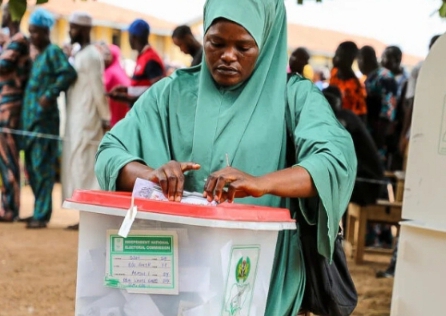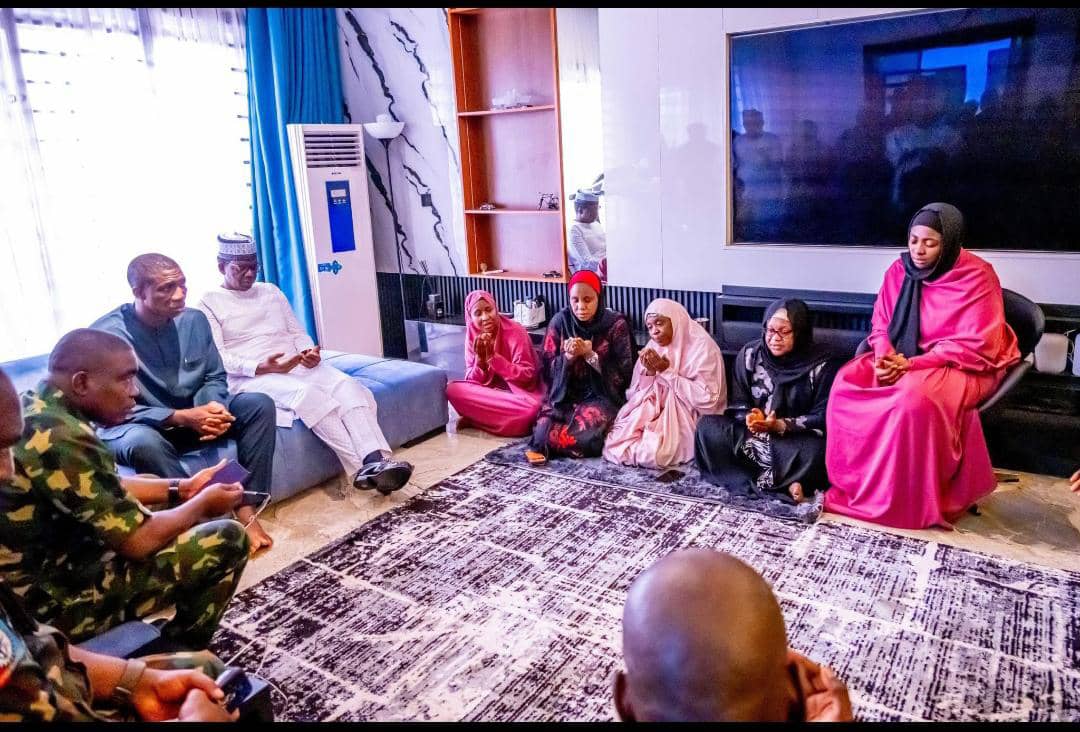Yiaga Africa has described the proposed bill aimed at making voting compulsory in Nigeria as a “draconian” piece of legislation that infringes upon constitutionally protected rights and democratic freedoms.
In a statement issued on Thursday by Samson Itodo, executive director of Yiaga Africa, the organisation urged the National Assembly to reject the bill, which has already passed its second reading in the House of Representatives.
The bill, sponsored by Tajudeen Abbas, Speaker of the House of Representatives, proposes a six-month prison sentence for eligible voters who fail to participate in elections — a move that Yiaga Africa argues is both punitive and counterproductive.
“Yiaga Africa unequivocally rejects the proposed bill currently under consideration in the National Assembly that seeks to introduce compulsory voting in Nigeria, along with a six-month prison term for eligible voters who refuse to vote in elections,” the statement reads.
“This bill is conceived as a legislative measure to address the alarmingly low voter turnout.
“While the rationale for the bill is understandable, as it aims to tackle one of the major challenges in Nigeria’s electoral system, the heavy-handed approach taken by the bill is draconian and constitutes a gross violation of constitutionally guaranteed fundamental rights.”
Itodo stated that abstaining from voting is a legitimate form of political expression, protected under both domestic and international human rights laws.
He also pointed out that the bill fails to address the systemic issues underlying Nigeria’s declining electoral participation.
“Voter turnout in Nigeria has varied significantly over the years, reflecting a complex interplay of political and systemic factors that influence electoral engagement,” the statement continues.
“In 1979, turnout was at 34.6%, rising slightly to 38.9% in 1983 and remaining at 35% in 1993.
“A notable increase occurred in 1999, with a turnout of 52.3%, followed by a peak in 2003, when 69.1% of registered voters participated.
“However, this upward trend reversed in subsequent elections: 57.5% in 2007, 53.7% in 2011, 43.7% in 2015, 34.7% in 2019, and a historic low of 27.1% in 2023.”
Yiaga Africa has recommended that lawmakers shift their focus from punishment to electoral reform, which includes restoring public trust, ensuring election transparency, and removing barriers to participation.
The civil society organisation proposed alternative reforms such as the electronic transmission of results, voting for the diaspora, early voting, and a transparent process for appointing officials of the Independent National Electoral Commission (INEC).
“Democracy thrives on freedom, which includes the choice to participate or abstain from voting. Compulsory voting undermines this democratic freedom, and the punitive measures for not voting erode the foundational principles of voluntary democratic engagement,” the statement concluded.
“Instead of compelling voting, the National Assembly should prioritise electoral reforms that rebuild public trust, improve election integrity, and remove structural and systemic barriers to participation.
“Yiaga Africa believes that voter apathy cannot be addressed by imposing penalties for not voting. It can be tackled through building trust, electoral justice, and accountability.
“We therefore urge the National Assembly to reject the proposed bill and direct its legislative efforts towards enacting electoral amendments that expand access to voting, guarantee electoral transparency, and protect the political rights of all Nigerians.”





